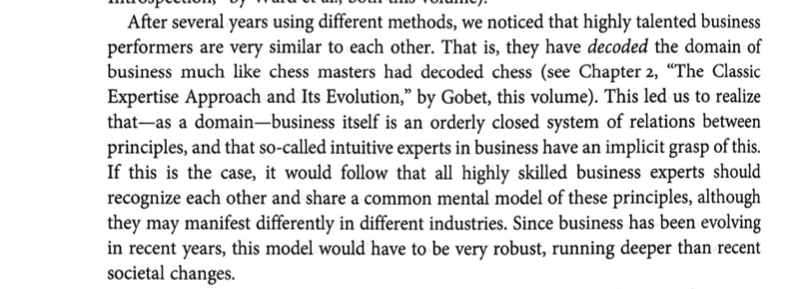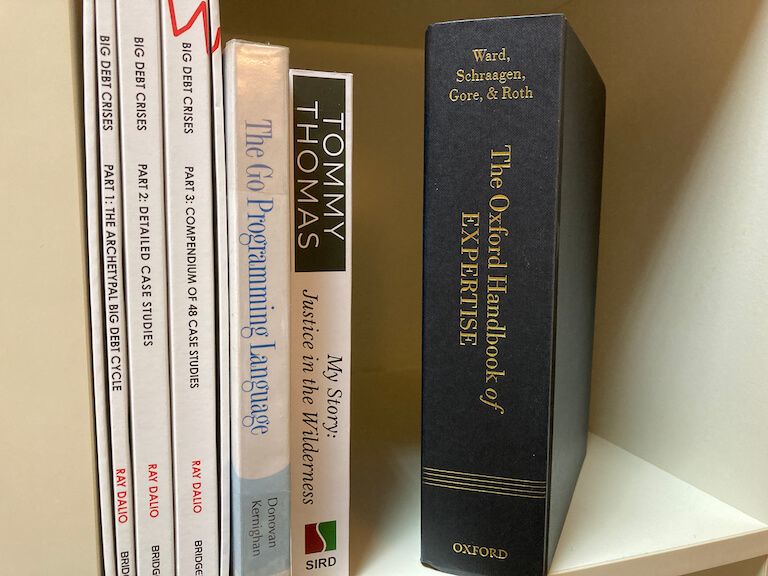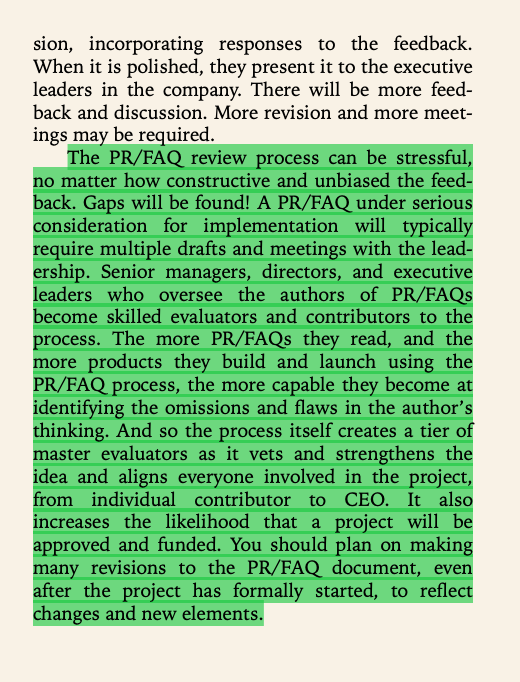
I think (and I’m not the first to say this) NDM really suffers from a branding problem.
If you say ‘deliberate practice’, people think “ahh, practicing deliberately, that makes sense!” (Even though it’s not about that).
But Naturalistic Decision Making? What’s that?
If you say ‘deliberate practice’, people think “ahh, practicing deliberately, that makes sense!” (Even though it’s not about that).
But Naturalistic Decision Making? What’s that?
Whereas if I say “tacit skill extraction”, suddenly people pay attention.
And then if I follow it up with “it’s totally not theoretical, it’s been used for training and UI design in the military and in health care for three decades”, they REALLY pay attention.
And then if I follow it up with “it’s totally not theoretical, it’s been used for training and UI design in the military and in health care for three decades”, they REALLY pay attention.
“Wait, does this mean I can use these techniques on experts around me to learn from them?”
Yes.
“And I can use it to interview expert users, so I can design UIs to enable or augment their expertise?”
Yes; Nasdaq already does it: nasdaq.com/articles/apply…
Yes.
“And I can use it to interview expert users, so I can design UIs to enable or augment their expertise?”
Yes; Nasdaq already does it: nasdaq.com/articles/apply…
And then the more interesting questions:
“Are extracted tacit mental models of expertise useful when put to paper?”
If you know how to use them, yes!
“So what if we have a knowledge base with the extracted tacit mental models of our company’s experts?”
Hmmmm
“Are extracted tacit mental models of expertise useful when put to paper?”
If you know how to use them, yes!
“So what if we have a knowledge base with the extracted tacit mental models of our company’s experts?”
Hmmmm
“What kind of training programs can you create when you are able to extract tacit knowledge?”
Well, very interesting ones:
Well, very interesting ones:
https://twitter.com/ejames_c/status/1414811054870171648?s=20
“Wait, you mean to say you don’t have to synthesise the expertise into an easily consumable framework?”
The bar is lower. You probably have some idea of the shape of the expertise, but you don’t have to do TOO much theorycrafting.
The bar is lower. You probably have some idea of the shape of the expertise, but you don’t have to do TOO much theorycrafting.
“So you just do simulation exercises as a form of training?”
Yes! It seems that NDM training prioritises ‘cognitive fidelity’. So long as the simulation exercise captures salient features of the actual task, you get fairly rapid expertise acquisition.
Yes! It seems that NDM training prioritises ‘cognitive fidelity’. So long as the simulation exercise captures salient features of the actual task, you get fairly rapid expertise acquisition.
In fact they wrote a whole book for the Department of Defence on accelerating trial and error cycles! It’s called Accelerated Expertise: goodreads.com/book/show/1739…
If you want to get started with NDM, there’s an easier path now. A couple of the field’s OG researchers have set up something they’re calling the CTA Institute. Courses are available for pre-order now: cta.institute
(I’ve signed up for the self-learn version)
(I’ve signed up for the self-learn version)
Otherwise, you can just give ACTA (a simpler tacit skill extraction technique) here: commoncog.com/blog/an-easier…
What was what I did. 🙃
What was what I did. 🙃
• • •
Missing some Tweet in this thread? You can try to
force a refresh






